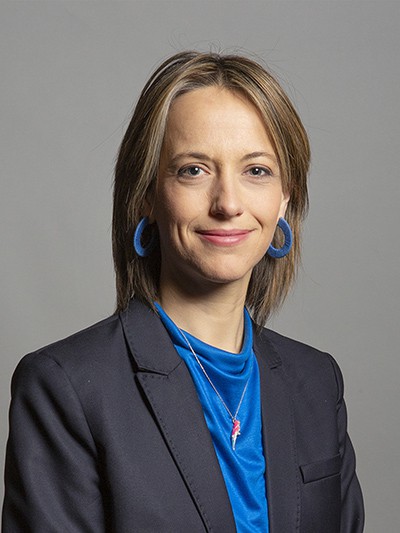Government invests more than £3m to transform tech in adult social care

The Department of Health and Social Care (DHSC) has announced that people who receive care will benefit from new technology to help improve their independence and reduce avoidable hospital admissions.
Four new projects have received over £3 million through the government’s Adult Social Care Technology Fund to transform the use of digital technology in adult social care. These projects harness the power of assistive technologies like digital falls prevention, virtual care delivery, and monitoring sensors.
The funding will help identify care-focused technology solutions that have the potential for wider rollout within the sector and, in doing so, provide evidence to prioritise investments in care technology.
Reading Borough Council, in partnership with Henley Business School, will use funding of just over £1 million to trial and understand the benefits and potential of sensors technology to monitor any significant changes to a person’s daily habits that may cause concern. The aim is to trial systems that support people to live sustained or increased independence, a sense of well-being, safety, and security.
Greater Manchester Integrated Care Board: NHS Greater Manchester and the University of Manchester and partners will receive almost £380,000 to deliver a project to determine the effectiveness and cost-effectiveness of using a digital falls prevention programme for older people living the in the community who receive care and support at home. This enables the user to undertake a personalised falls prevention programme and incorporates health literacy games to improve the awareness of activities that promote bone health, diet, safety at home, and hydration.
Minister for Care, Helen Whately, said: “I’m delighted to announce the projects receiving the first £3 million of our adult social care technology fund today. These exciting projects will use technology to improve quality of care and help people live independently for longer. More care at home and more personalised care is what people want and helps reduce pressure on the NHS.
“We are also investing in digital care records to join up care and reduce the burden of admin on staff. I look forward to seeing these projects develop and scale up the use of technology in social care, better meeting people’s care needs and helping us build a sustainable care system.”
National Care Group will receive over £300,000 to improve the quality of medication management and recording and promote independence in taking medication using an Electronic Medication Administration Record System. This will improve the accuracy of recording medication and improve health outcomes for the 1,236 people supported.
Shropshire Council, in partnership with domiciliary care providers, Shropshire, Telford and Wrekin ICB, My Home Life, and technology-enabled care suppliers, will use funding of almost £1.2 million over two years to embed technology in people’s homes alongside a virtual care delivery service to help meet care and support needs digitally. This aims to support independence in the home, help people manage their daily needs, and promote self-care.
Recently, DHSC unveiled £30 million funding in innovative medical technology, which is designed to help ease pressures on the NHS this winter.

